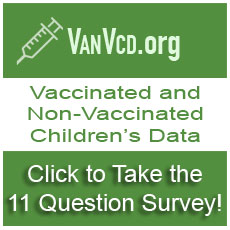
Chelation Therapy as Autism Treatment
Many doctors have adamantly gone on record denouncing the use of Chelation therapy as a viable option for autism treatment, calling the treatment both dangerous and radical. Many others, in both the nontraditional medical profession as well as many families of autistic children, are singing the praises of the treatments many successes of improvement, as well as recovery, in many children.
To understand the controversy between mainstream medical providers and those practicing alternative medicine, you first must understand what chelation is, as well as having some insight into autism and the traditional autism treatment regimen. While more nontraditional methods of autism treatment are being used, the traditional methods of treatment is still the option that most doctors most often pursue.
Chelation therapy is a method of releasing the body of harmful metals such as lead, mercury, and even arsenic. Chelating agents create a complex between the chemicals and the metals, rendering the metals less reactive. The complex can then be carried easily through the blood stream and expelled from the body.
While there is no exact known cause of autism, it is believed that there may be a genetic component. Many believe there is a correlation between the mercury that was used in children’s inoculations. The theory is that while we were giving our children shots to protect them, we were actually poisoning them with vaccines laced with mercury. It is a possibility that those children that were genetically at risk for autism were adversely affected by the injection of the mercury.
More traditional treatment plans include an array of psychotic type drugs, such as Ritalin, to modify the behavior of those with autism. Many of the medications in use today are very potent, as well as dangerous, and do not treat the underlying cause of autism.
While some experts claim that the use of chelation as a treatment for autism is dangerous, there have been no known deaths from the treatment’s proper use. In an ongoing rating study conducted by the Autism Research Foundation, and containing over 25,000 responses with 470 of those responses rating chelation, this treatment has received a good results rating of 75%. This is much higher then the other biomedical treatments, including over 50 other drugs that parents had rated. This certainly shows that chelation therapy should be an accepted method of treatment for autism.


